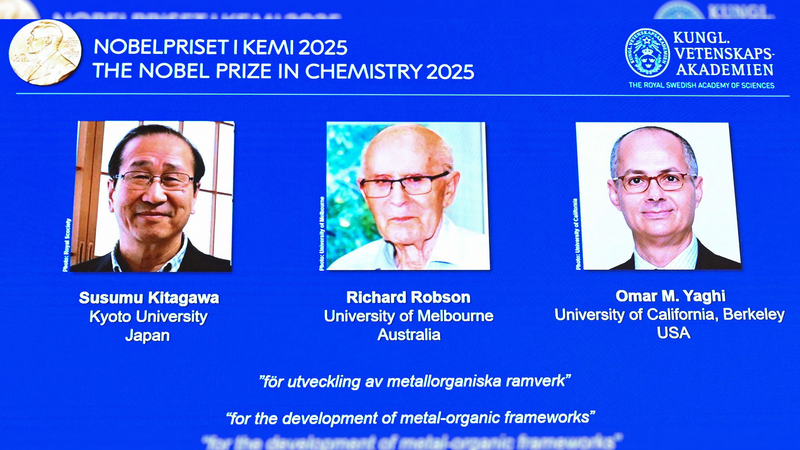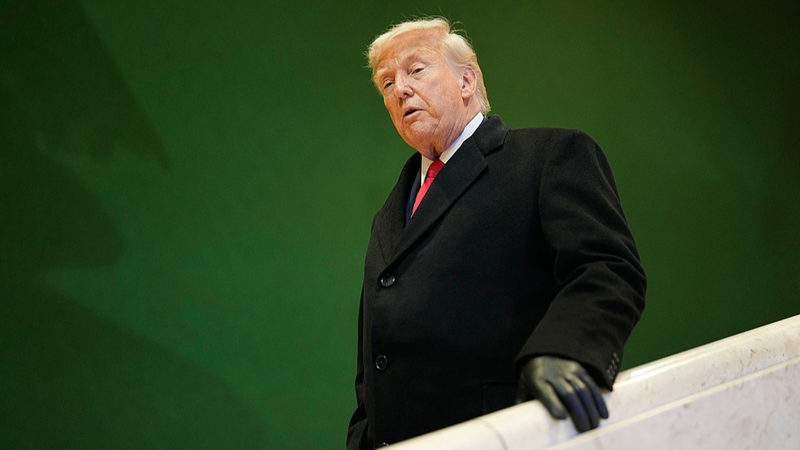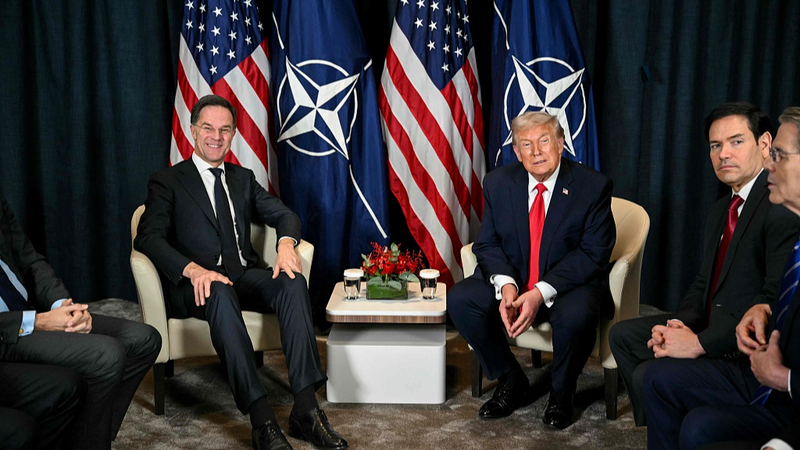🔬 The Royal Swedish Academy of Sciences just revealed the 2025 Nobel Prize in Chemistry winners: Susumu Kitagawa, Richard Robson, and Omar M. Yaghi. Their groundbreaking work on metal-organic frameworks (MOFs) is turning chemistry on its head.
📦 What are MOFs? Think of them as molecular LEGO: structures built from metal nodes and organic linkers that create ultra-porous cages. A sugar-cube-sized MOF can have the same surface area as a football pitch – it’s like Hermione’s handbag in Harry Potter, but in real life! 🧙♀️✨
🌍 Why it matters: These nano-cages aren’t just cool toys. They can:
- Capture CO₂ from the atmosphere to fight climate change 🌳
- Extract fresh water from desert air 💧
- Trap toxic gases or filter out harmful chemicals from water 🚰
💡 Looking forward, the laureates envision pairing MOFs with renewable energy to convert captured CO₂ and water into valuable fuels and materials. Imagine powering your car with a method inspired by a tiny crystal!
🤓 For students, professionals, and curious minds, MOFs open a universe of possibilities. From next-gen batteries to safe gas storage, these frameworks are set to reshape our world.
The 2025 Nobel Prize in Chemistry celebrates innovation that turns empty space into tools for a better future. Keep exploring! 🌟
Reference(s):
cgtn.com




